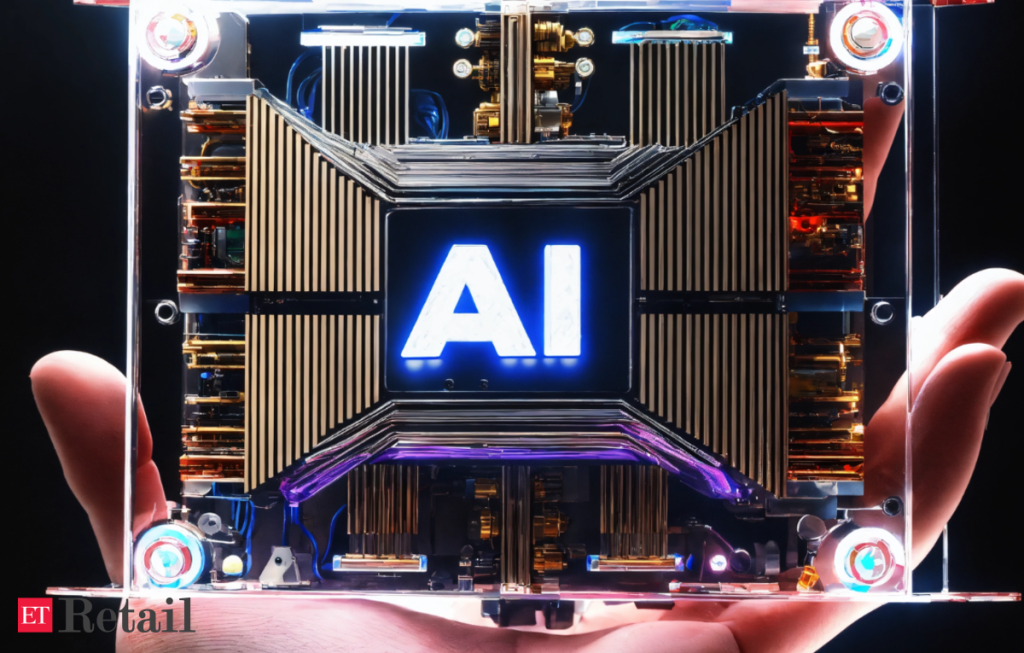
The Impact of Generative AI on Retail
Generative AI (GenAI) is making waves in the retail industry, offering transformative potential that many businesses are keen to leverage. However, with this excitement comes the urgency to tackle various challenges, including costs, security, and strategic planning. A recent Gartner report reveals that 56% of retail executives anticipate significant impacts from AI within three years, yet only 17% feel adequately prepared to integrate these technologies. Furthermore, 91% of retail IT leaders identify AI as their top technological priority for 2026. This article delves deeper into these matters while presenting actionable strategies for retailers to adopt GenAI effectively.
Understanding the Excitement and Challenges of GenAI
The retail sector is captivated by GenAI’s potential to streamline operations and enhance customer interactions. Retailers are increasingly adopting intelligent chatbots and virtual assistants to personalize the shopping experience, automate supply chains, and improve customer engagement. Yet, many organizations mistakenly perceive GenAI as the ultimate goal instead of a tool to achieve specific business objectives.
Despite the potential benefits, the rapid advancements in AI technology leave many retailers feeling dazed. A McKinsey report indicates that 60% of retailers consider themselves ill-equipped to keep up with the pace of AI innovations. Establishing a GenAI Center of Excellence (COE) staffed with top talent is essential for businesses to navigate this fast-changing landscape effectively.
The costs associated with GenAI can be difficult to discern. Implementing advanced AI models often comes with significant expenses and unclear returns on investment, making it challenging for companies to allocate resources strategically. Adopting a phased approach—from prototyping to full deployment—provides better visibility into the costs and processes, enabling iterative enhancements and effective financial management.
Additionally, as businesses prioritize data privacy and security in their AI applications, they face numerous challenges related to compliance and model bias. Forming strategic partnerships with major cloud service providers like Google Cloud Platform, Databricks, AWS, and Microsoft Azure can significantly streamline the deployment processes and enhance compliance and security measures.
Addressing Sustainability Concerns and Roadmap Gaps
Another pressing issue is the environmental impact of running compute-intensive GenAI models. A survey by the World Economic Forum found that 45% of businesses are worried about the carbon footprint created by AI technologies. To tackle these concerns, retailers should adopt energy-efficient practices, such as utilizing renewable energy in data centers, which can mitigate the ecological effects of GenAI.
The lack of a coherent roadmap often hinders GenAI projects. Questions about appropriate funding sources—be it CIOs, CTOs, or business units—further complicate matters. To unlock GenAI’s full potential, companies must embrace strategic solutions such as forming COEs, implementing phased approaches, and addressing accuracy and bias in their AI models.
Discover how HAL149 can empower your business with tailored AI solutions that streamline customer service, content generation, and lead acquisition. Contact us today through our contact form or email us at hola@hal149.com.
